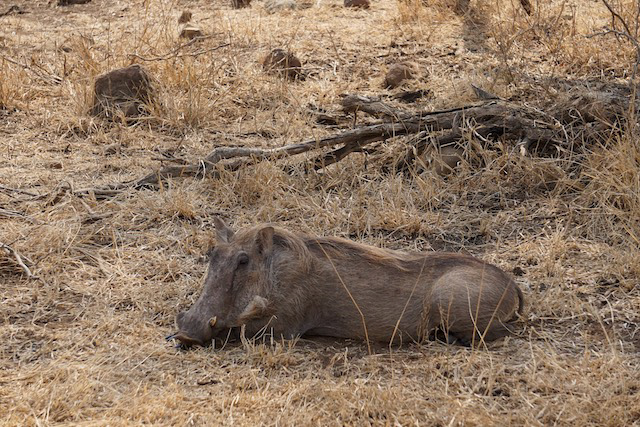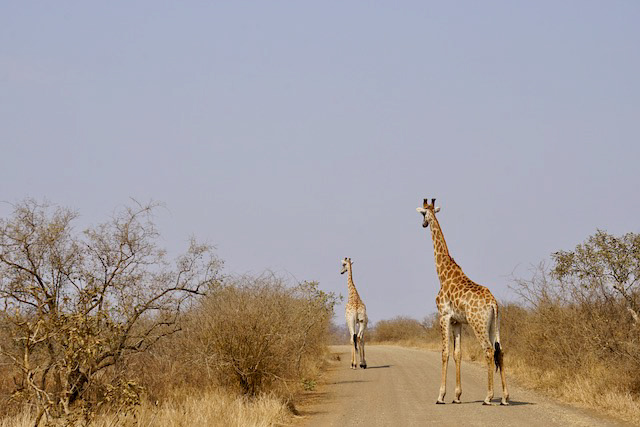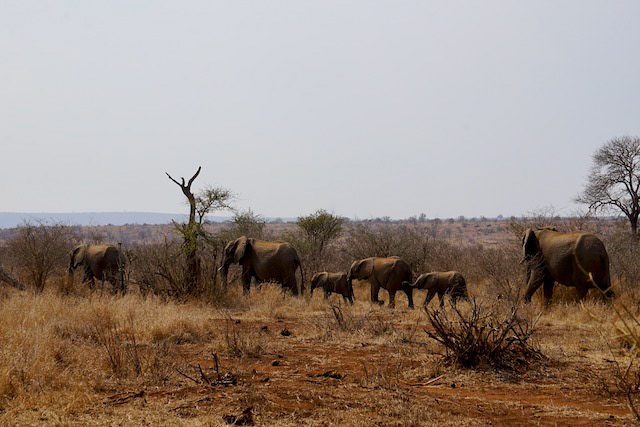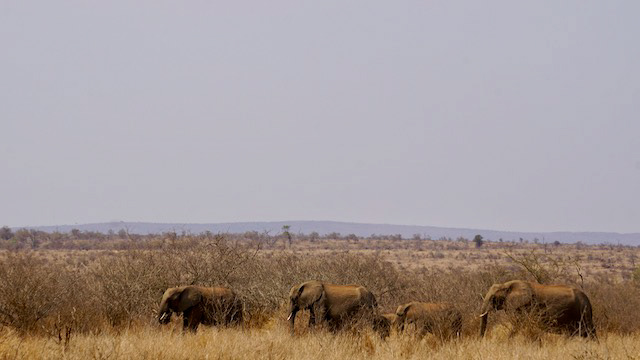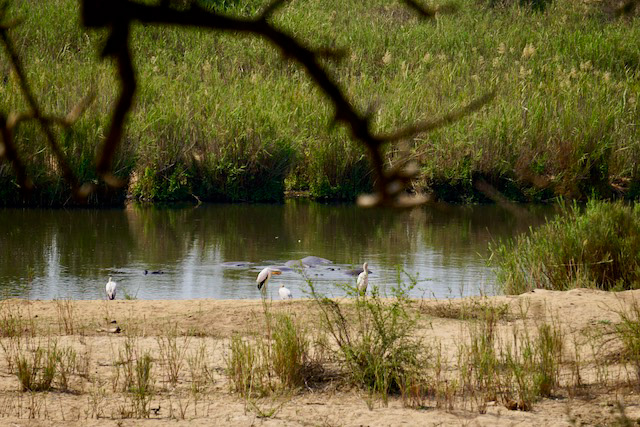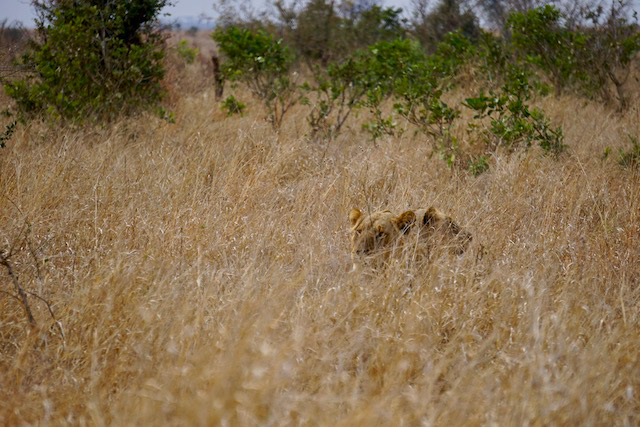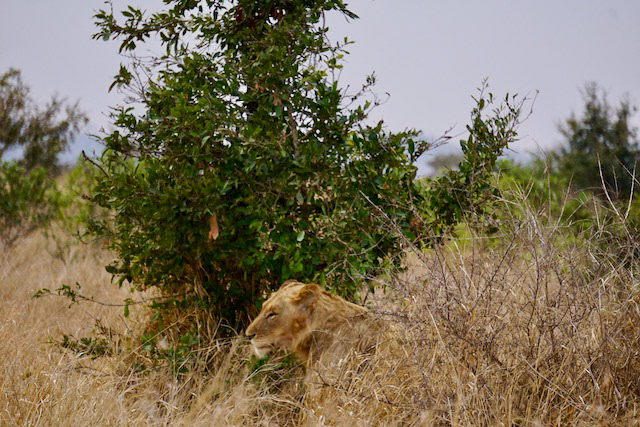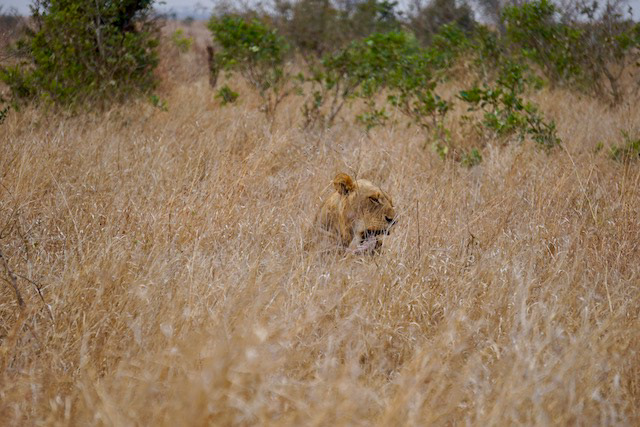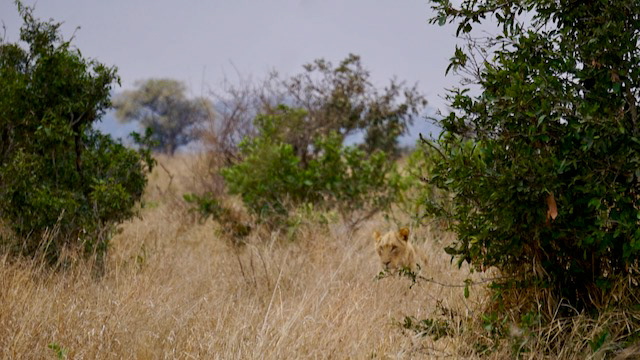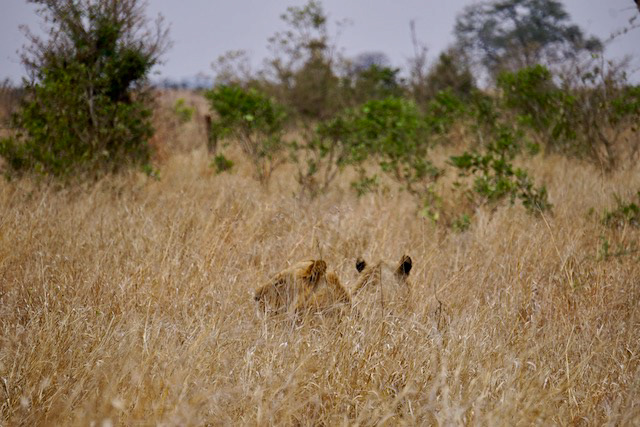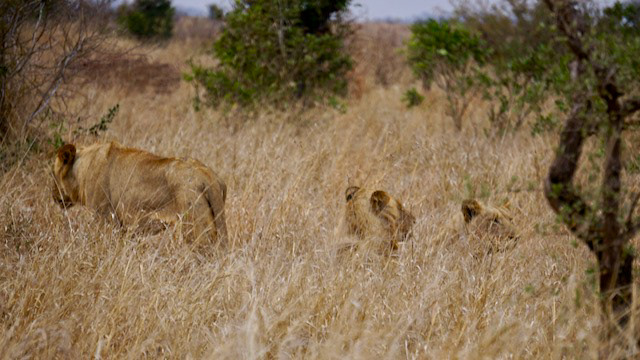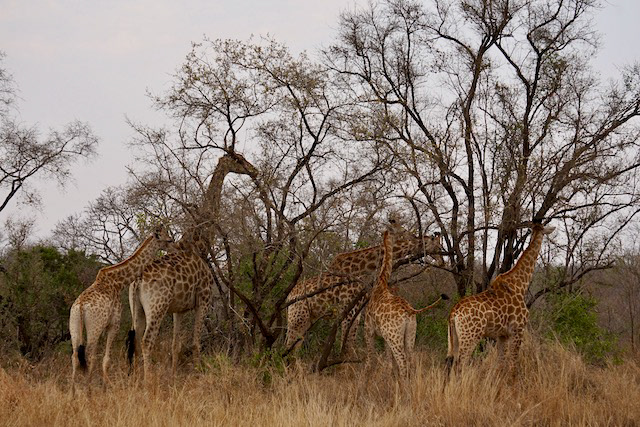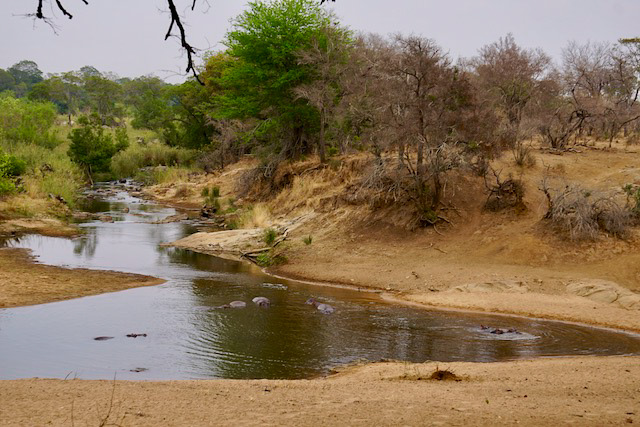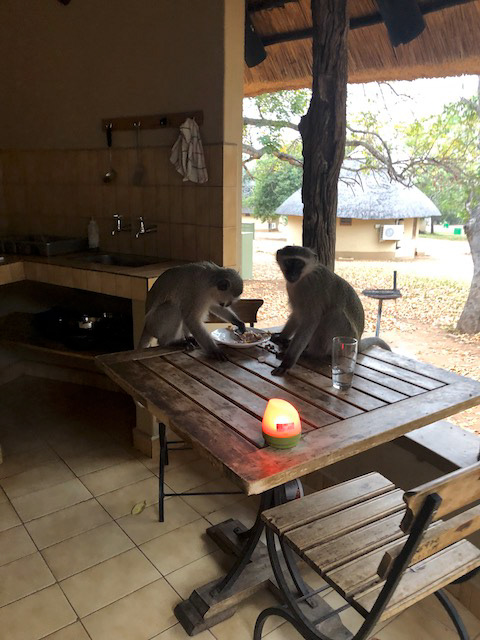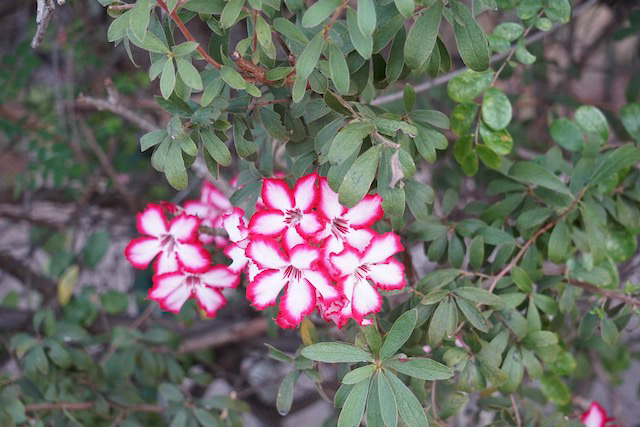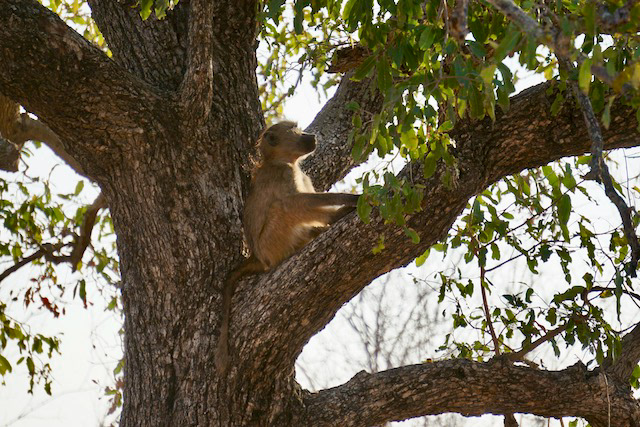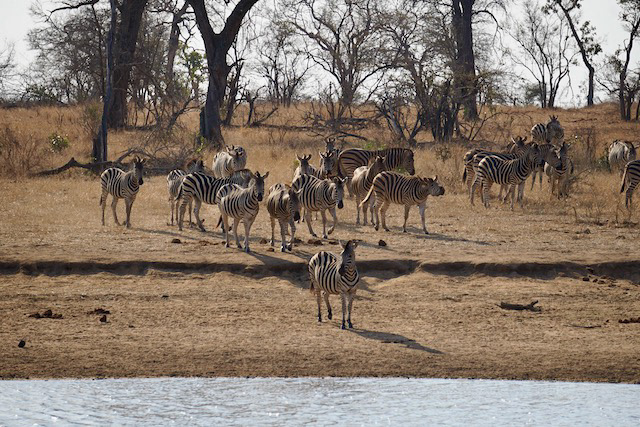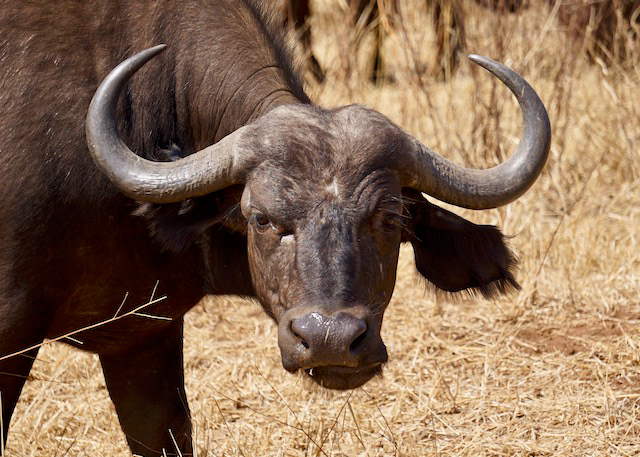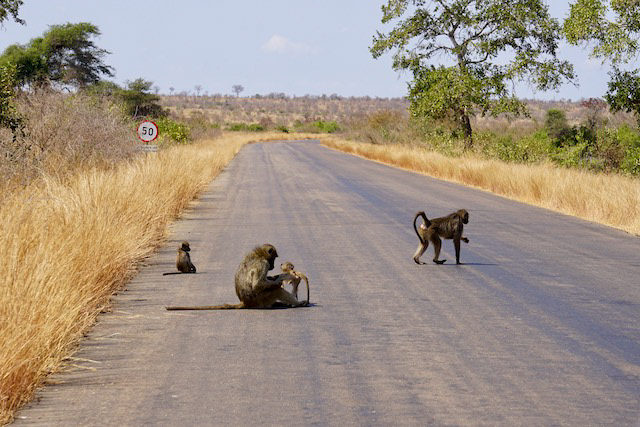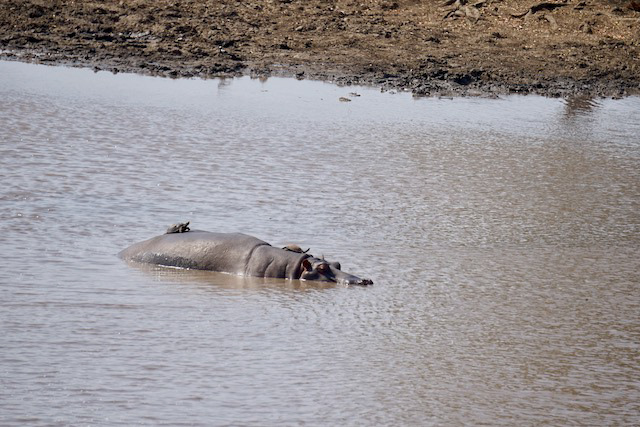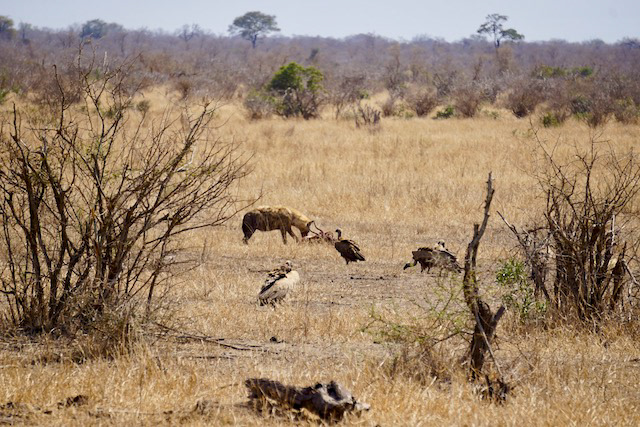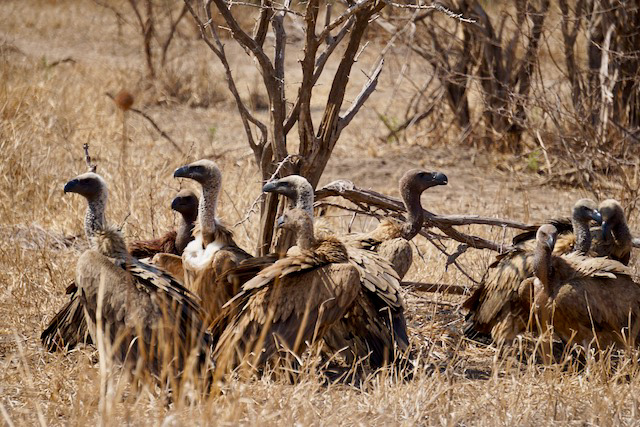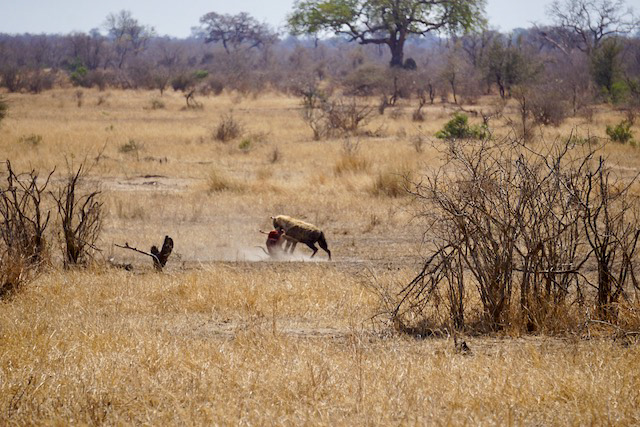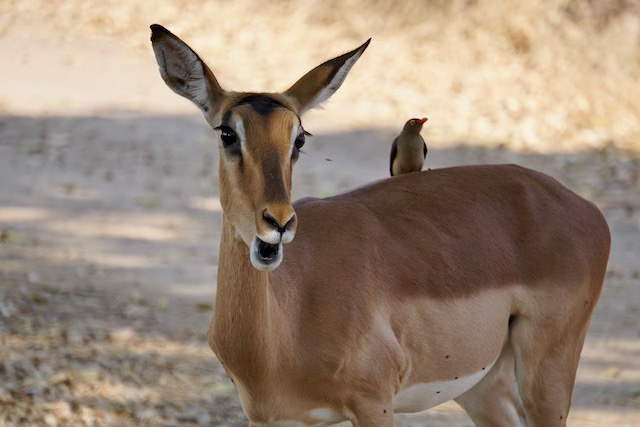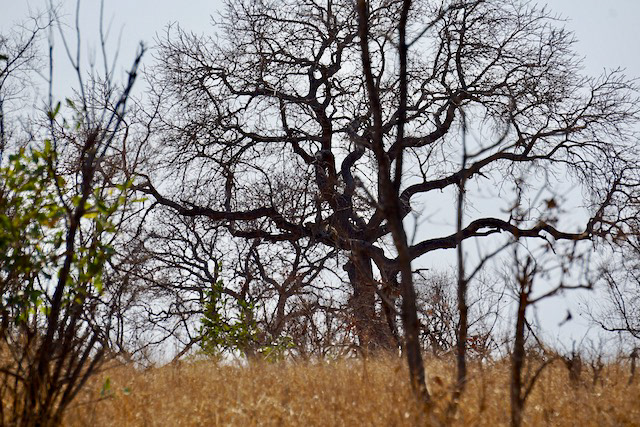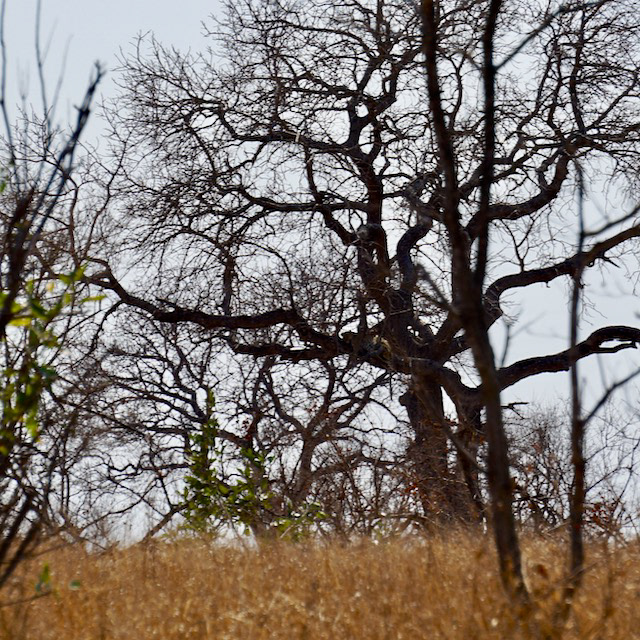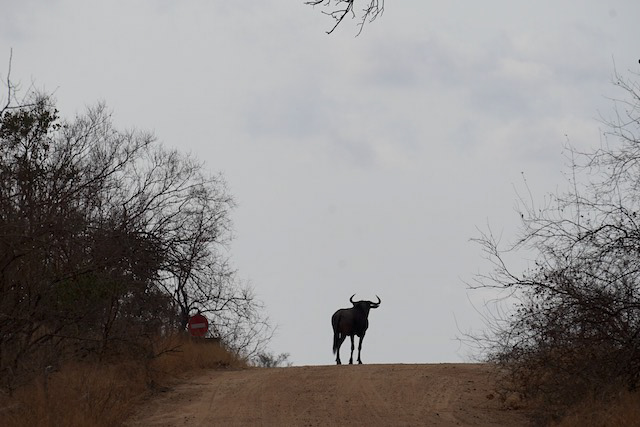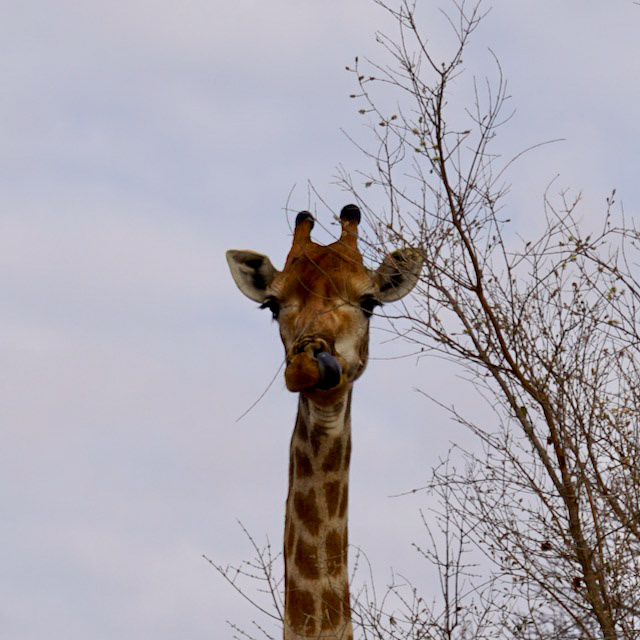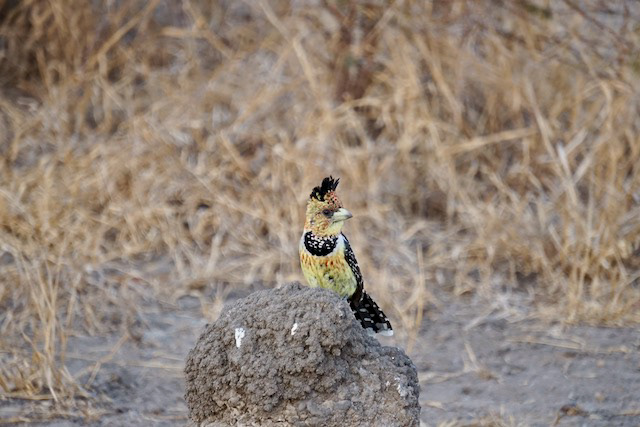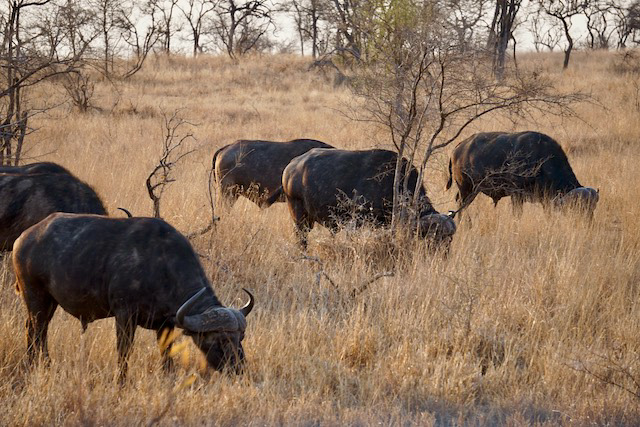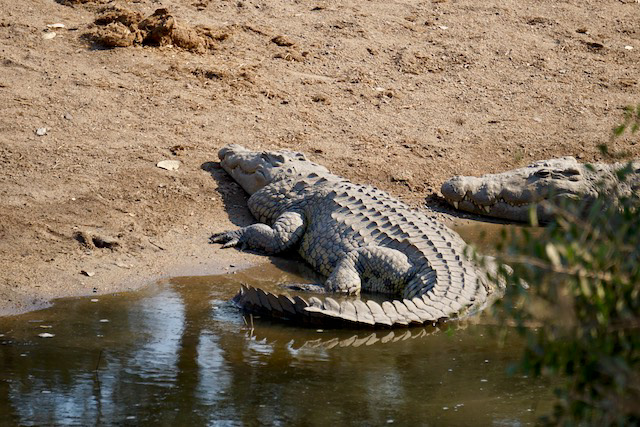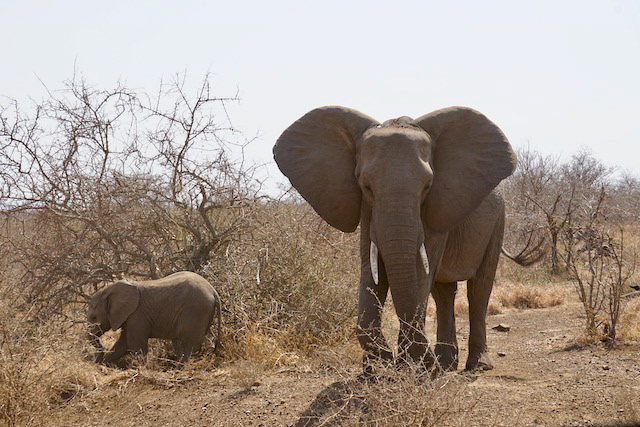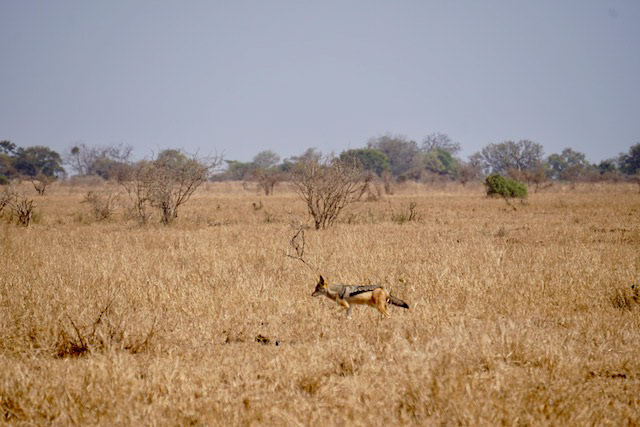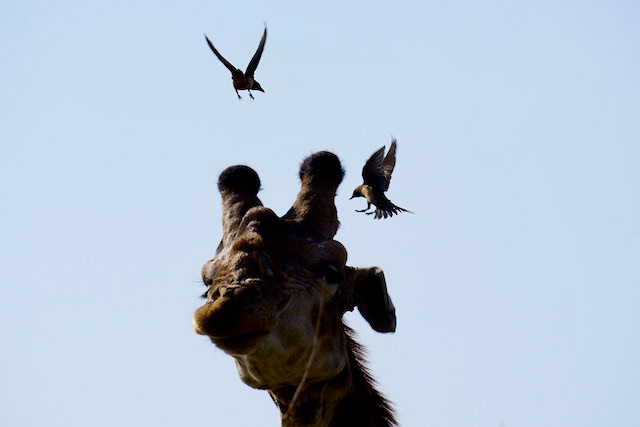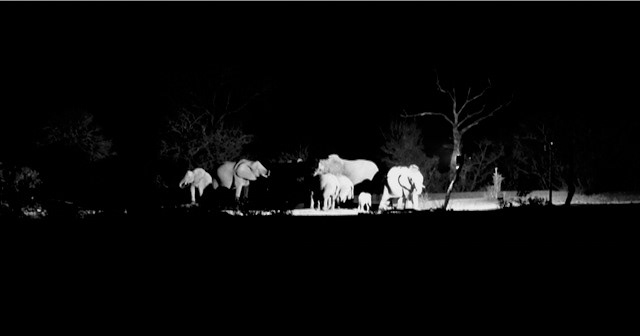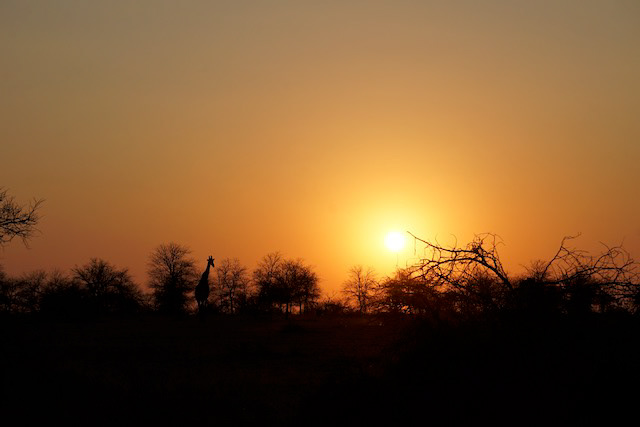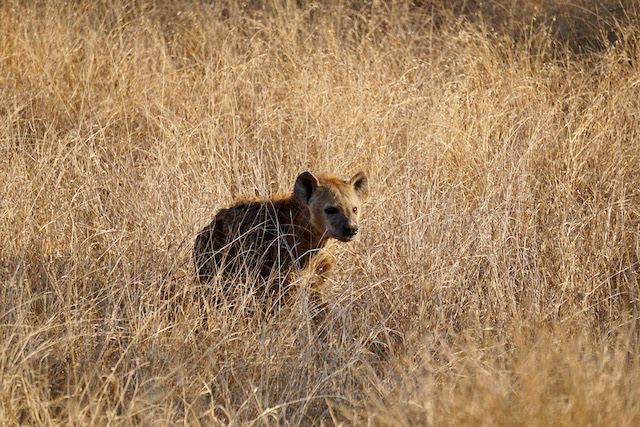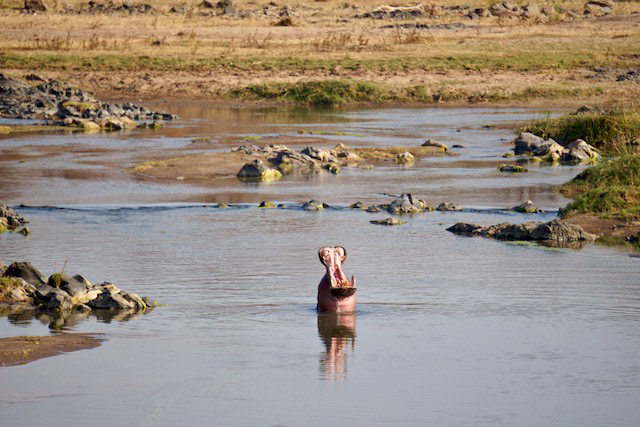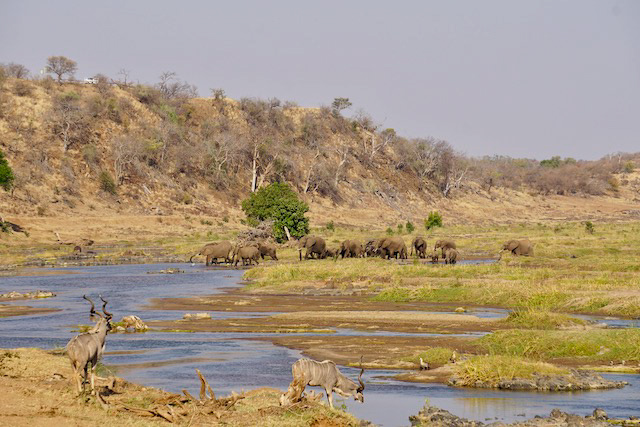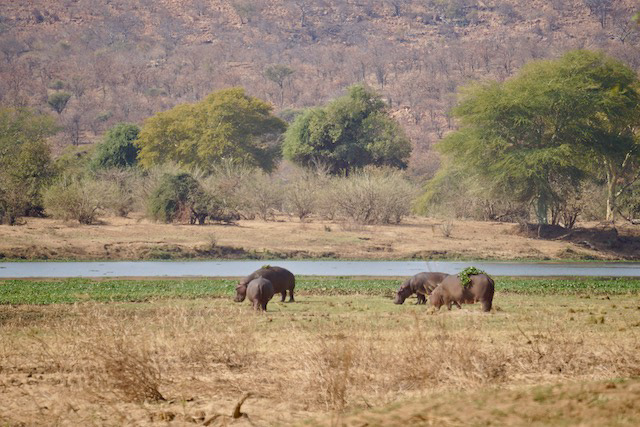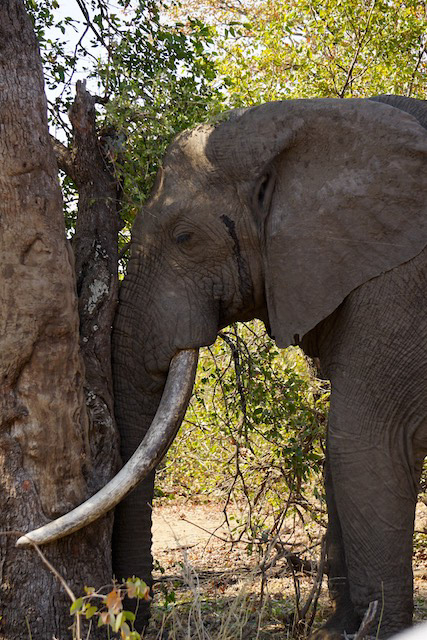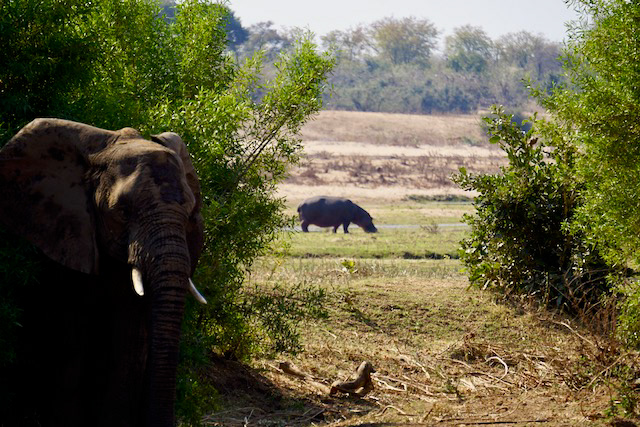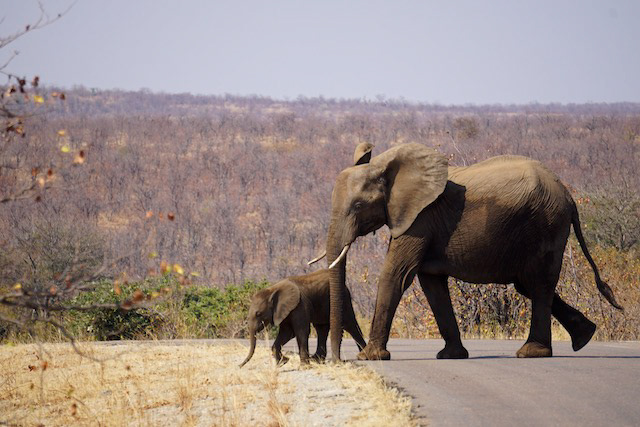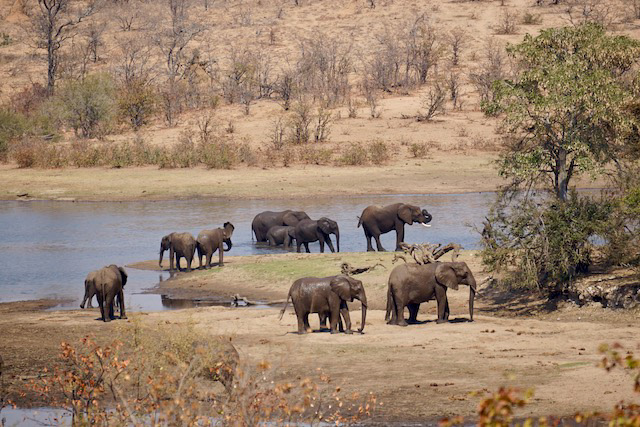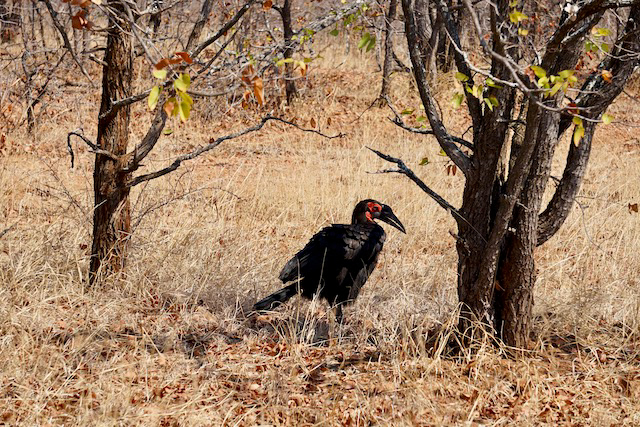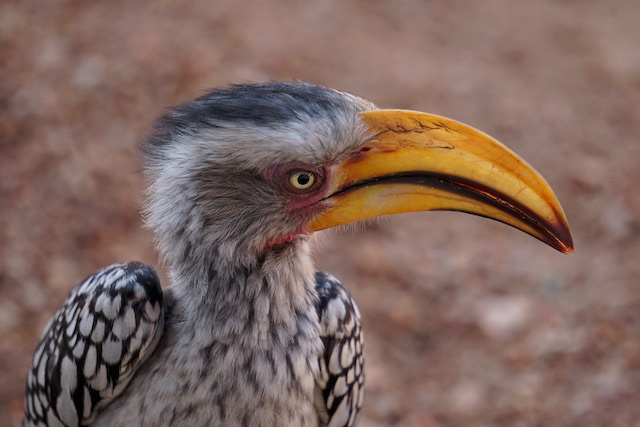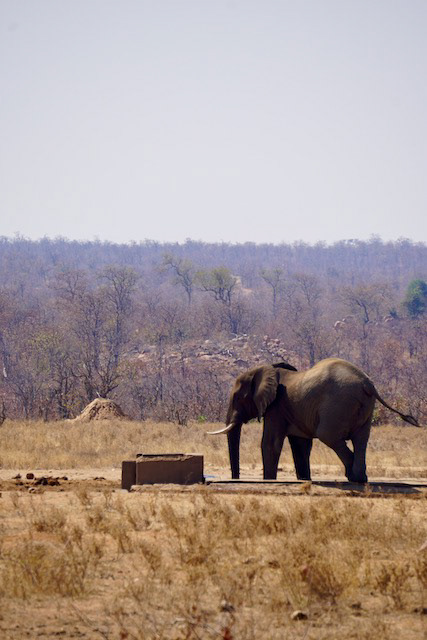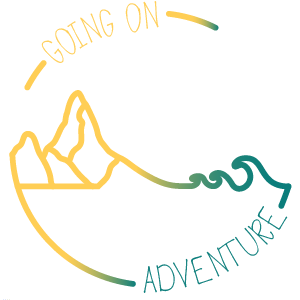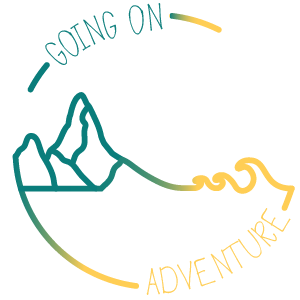One of South Africa’s highlights: spotting the big five in Kruger National Park. What do you think? Did we spot all five of them? Rhino, lion, buffalo, leopard and elephant? Or did our spotting stop at the sight of too many leopard spots?
Initially, when we started planning our trip to South Africa, we had only 2 nights / 3 days in Kruger NP. After reading some more about Kruger and spotting of the wildlife there, we decided that 2 nights just wasn’t enough for us. The national park is massive (km2) and therefor so are the distances between campsites and picnic places. The vegetation is abundant with lots a high grass which makes spotting harder to do. So taking that in mind, we opted for 4 nights at 2 different camp sites.
So, on Tuesday, after a very filling breakfast at Blyde River Canyon Lodge, we drove to the Phalaborwa gate. After getting our overnight visitor permit and buying a map & guide, our journey through Kruger could begin! We stopped at the first picnic spot to have lunch and to plan our route. We tried planning the night before but the maps that we found online weren’t really helpful because there were no distances noted between stops, intersections and campsites. We had a rough idea of a route in our head but it needed to be double checked. And luckily we did, we were too ambitious. And rule number one at Kruger is: don’t try to cover too much distance at a time. Even after talking to some other visitors we narrowed down our route.
With our tummies filled at a lunchspot just beyond our entrance gate, and our route all set, we were finally ready to spot some wildlife! And so we spotted the first herd of elephants. Just wonderful. Others followed quickly and our first day at Kruger was filled with lots of elephant sightings and a very happy Véro.
Through Kruger run many rivers, and we drove along the river beds of the Letaba river, which was an excellent drive to spot our first hippos (and also elephants). As we drove closer to our campsite Orpen, we saw many cars packed together on the H7 with massive binoculars and camera lenses (I’m talking about the kind of lenses even National Geographic photographers are jealous of) sticking out of the windows We tried to see what they were seeing but unfortunately it remains a mystery. “Probably nothing”, we kept on saying to ourselves to ease our minds…
Our second day at Kruger wasn’t a big hit. We had our route all planned with enough time for wildlife sightings, enjoyable picnic time and sanitary breaks. Our day started great with our first leopard taking a nap high on tree branch. But after that, it turned out, there wasn’t a lot to see… so we traveled further in the morning than we had planned and adjusted our route. We were still very lucky to see different herds of elephants, impalas, giraffes, zebras, … but it took us quite some time and a lot of driving.
On the third day we drove in the direction of our next destination: Skukuza. One of the oldest and biggest rest camps of Kruger. Again it was a long day, or at least it felt very long. Animal spotting in Kruger is very difficult and asks a lot of determination and persistence. But hey, we still spotted a nice amount of the usual suspects.
The fourth day was the most frustrating one, a lot of time went by without spotting any animal. Not even an impala or steenbok and there are so many of them! But at the very end of the day, almost back at our campsite we saw a couple of lions chilling on the opposite side of the river. They weren’t very close but we saw them!
Our fifth and last (half) day was great! Again we spotted the usual but this time we saw lions only a few meters away. We stopped the car and just looked at these creatures (while also taking lots of pictures). When cars approached you could see them, lifting their head and checking out the possible danger. Which they quickly categorised as “no treat” and rapidly laid back down again. It was clear that they wanted to take a nap and didn’t like to be bothered. One by one they moved further away from the road and hid behind a bush where they continued snoring.
